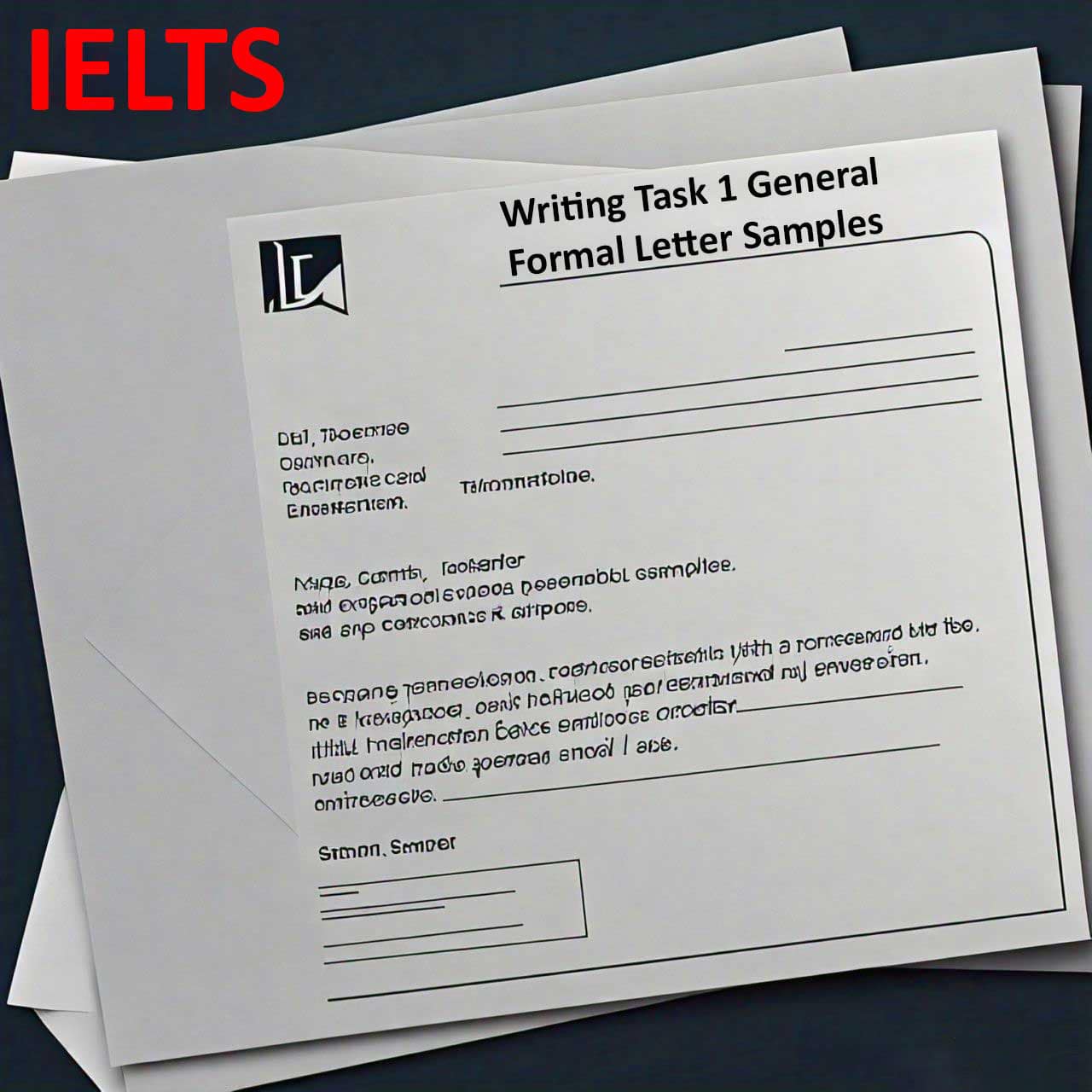Are you struggling to manage time in IELTS writing tasks, feeling like the clock is ticking away faster than you can put pen to paper? You’re not alone. Effective time management in IELTS is crucial, as it can make the difference between an average and an exceptional band score. Mastering time management is often the key to unlocking a high band score. This comprehensive guide will provide you with proven strategies to manage your 60-minute writing section efficiently, helping you learn how to manage time in IELTS writing tasks and achieve the band score you need.
Table of Contents
Understanding the IELTS Writing Time Challenge
The key to successfully manage time in IELTS writing lies in thoroughly understanding its structure and requirements. The writing section is a critical component of the exam, comprising two distinct tasks that test different aspects of your writing skills. Each task demands a unique approach, tone, and language, and requires careful time allocation strategies to complete within the allotted 60 minutes. By grasping the nuances of the writing section and learning how to manage time in IELTS effectively, you’ll be able to navigate both tasks with confidence, ensuring that you showcase your writing skills to the fullest and achieve a high band score.
Task Breakdown and Time Allocation
- Task 1 (20 minutes):
- Report Writing (150 words minimum)
- Worth 33% of your total writing score
- Official IELTS Task 1 sample answers
- Task 2 (40 minutes):
- Essay Writing (250 words minimum)
- Worth 67% of your total writing score
- IELTS Writing Task 2 band descriptors
Strategic Time Management Plan
To effectively manage time in IELTS writing, follow this structured approach:
Task 1 Timeline:
- Analysis and Planning (2-3 minutes)
- Writing (14-15 minutes)
- Review (2-3 minutes)
Task 2 Timeline:
- Analysis and Planning (5 minutes)
- Writing (30 minutes)
- Review (5 minutes)
Essential Time Management Techniques

- Question Analysis Before writing, spend time understanding the requirements:
- Circle key instructions
- Identify task type
- Note minimum word count
- Learn more about IELTS question types
- Quick Planning Strategy Create a minimal outline:
- Task 1: List 2-3 main trends/features
- Task 2: Note introduction points and 2-3 main arguments
- Efficient Writing Approach To manage time in IELTS effectively while writing:
- Use simple, clear language
- Stick to your planned structure
- Focus on accuracy over complexity
- Keep track of word count mentally
Time Management Tips for Different Question Types
Task 1 Variations:
- Graphs/Charts: Spend 1 minute identifying main trends
- Maps/Processes: Focus on key stages or changes
- Multiple Graphics: Divide time equally between analysis
Task 2 Variations:
- Opinion Essays: 2 minutes for planning your stance
- Discussion Essays: 2-3 minutes outlining both sides
- Problem-Solution: Quick listing of problems and solutions
Common Time Management Mistakes to Avoid
- Overplanning
- Limit planning to suggested times
- Use simple bullet points
- Avoid detailed outlines
- Perfectionism
- Write continuously
- Leave editing for review time
- Focus on clear communication
- Task Imbalance
- Never skip Task 2
- Complete Task 1 within 20 minutes strictly
- Time management strategies from top scorers
Practice Techniques for Better Time Management
- Regular Timed Practice
- Use official practice tests
- Set strict time limits
- Review completion times
- Speed Writing Exercises
- Practice writing against the clock
- Focus on maintaining quality under pressure
- Access free practice materials
Conclusion
Learning to manage time in IELTS writing effectively requires practice and the right strategy. By following these guidelines and practicing regularly, you’ll develop the skills needed to complete both tasks within the time limit while maintaining quality.
Ready to improve your IELTS writing time management? Download our free IELTS Writing Timer App [Link to app] to practice with realistic test conditions.
Remember: The key to success isn’t just about writing faster – it’s about writing smarter within the given time constraints.



